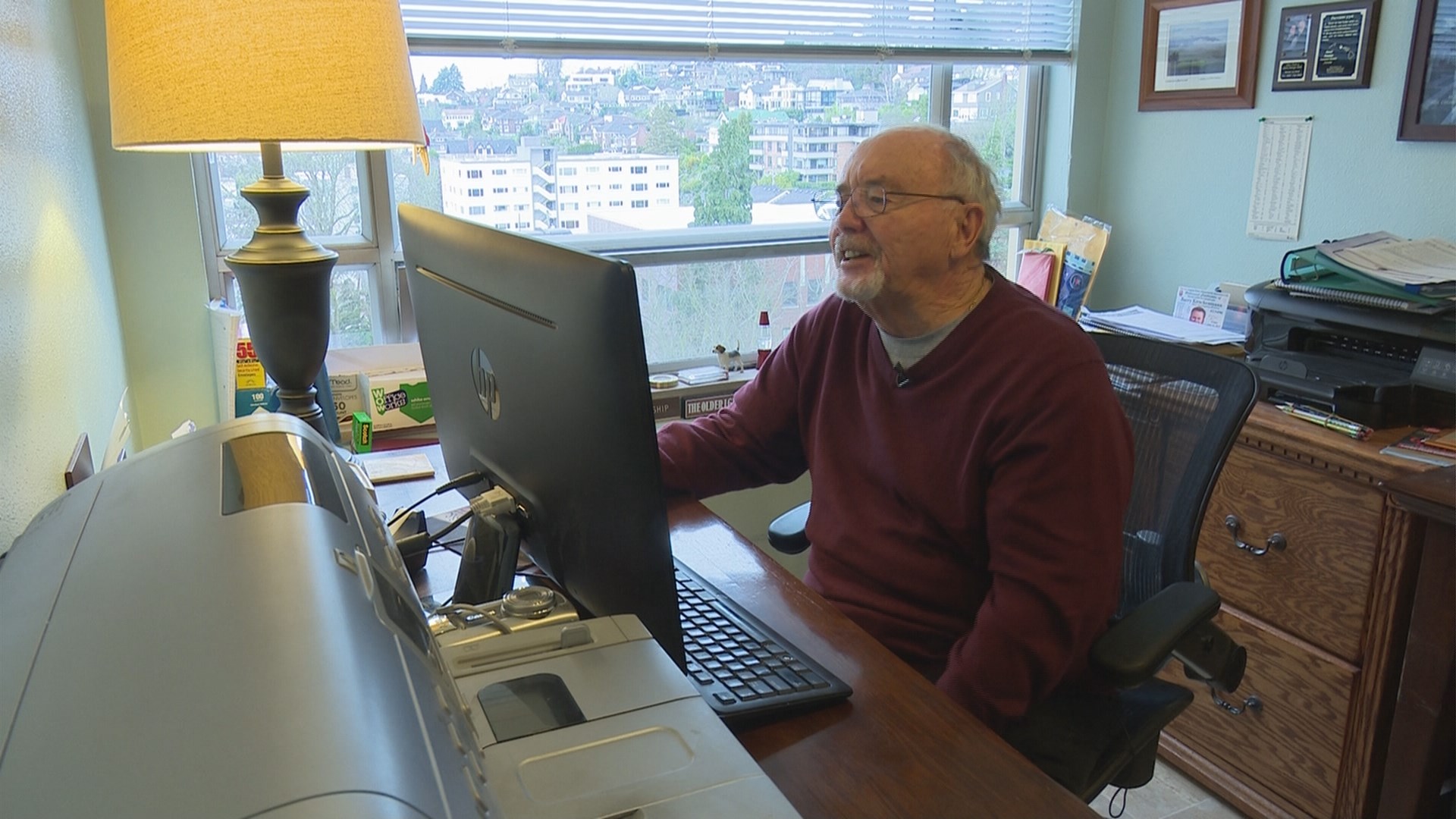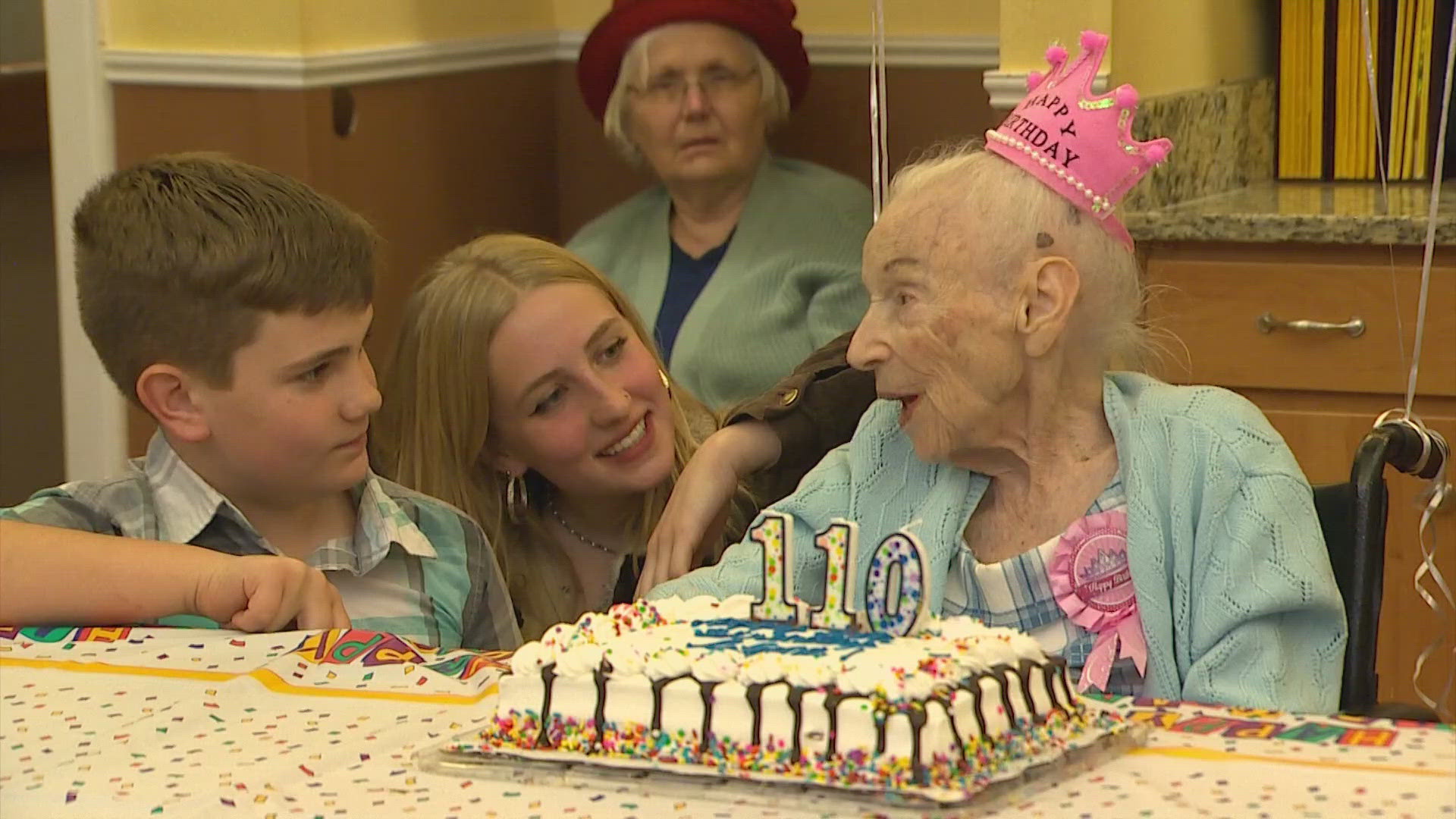The numbers flash by quickly. Four-two-one-two-four-six-five-seven, Chuck Blankenship recites out loud. With every digit, he says he feels more alert.
The 79-year-old is playing CogniFit, a computer game aimed at making brains sharper. However, for two years he has been using the game off-label to test whether it can prevent him from falling down again.
“I just walked right off the curb. Next thing I knew the curb hit me in the face and I had a big cut on my chin and everything else,” Blankenship remembered falling twice within six weeks. “I started bleeding.”
A University of Washington researcher recently won a $250,000 research grant from the National Institute for Nursing to study brain injury associated with falls, and to see if CogniFit will help retrain older adult brains so they have a lower risk of falling.
“We can have the connections rewire around areas. If a neuron shrinks or isn't working as well, then we can actually create bypasses,” Hilaire Thompson, Joanne Mongomery Endowed Professor of Nursing at UW. “We don’t have treatment for head injury, so if we can stop the head injury from happening in the first place it would be the best option.”
Thompson’s graduate students bring sensors to patients' homes and assisted living facilities to measure gait, balance, and other functions. They return after the study participants use CogniFit to see if there is improvement.
“People's balance improved significantly in the pilot study,” Thompson said.
Approximately 1 in 3 older adults fall every year and falls are the primary cause of traumatic injury, according to Thompson.
“Prevention of falls in older adults is a significant health priority,” Thompson said, explaining there is a national movement to reduce emergency room visits due to falls by 10 percent by 2020.
Blankenship said he noticed a difference after just a few days of playing the game.
“My memory, my cognitive skills are starting to take effect, and I can remember what I did two days ago,” Blankenship said, explaining he has not fallen again in the two years since he has been using the program.
To become a study participant or learn more about the “Falls and Technology” study, call 206-482-8372 or email ajames1@uw.edu.


